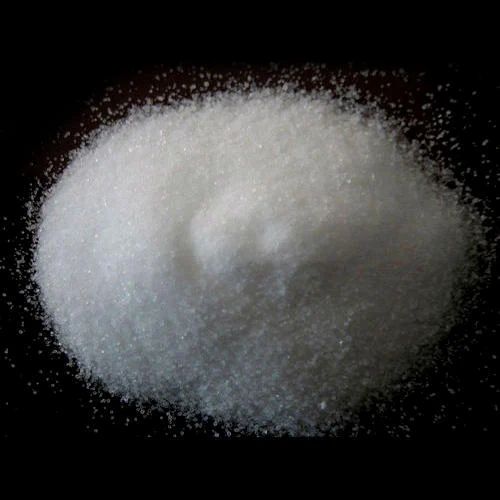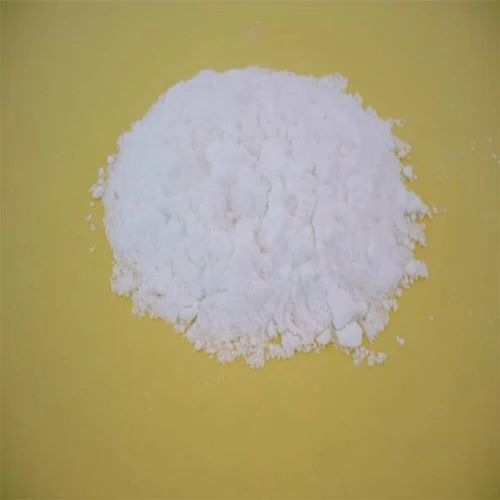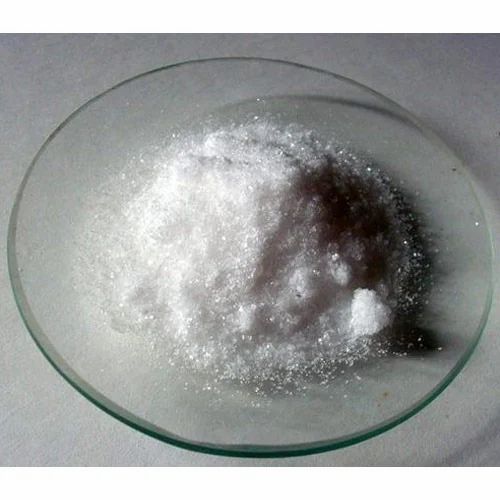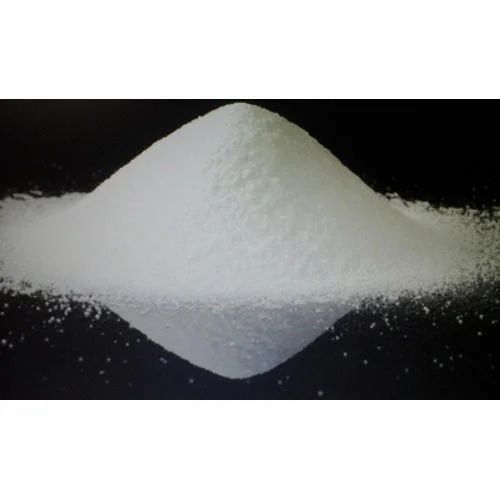Ammonium Bicarbonate Chemical: A Comprehensive Overview
Introduction to Ammonium Bicarbonate Chemical
Ammonium bicarbonate, chemically represented as NH4HCO3, is a white crystalline compound widely used in various industries. Known for its versatility and effectiveness, ammonium bicarbonate is essential in food production, pharmaceuticals, agriculture, and chemical manufacturing. This detailed guide explores its properties, applications, benefits, and safety measures, making it a must-read for anyone interested in this important compound.
Chemical Properties
Composition and Structure
Ammonium bicarbonate is composed of ammonium ions (NH4+) and bicarbonate ions (HCO3−). It has a molecular formula of NH4HCO3 and a molar mass of 79.06 g/mol. This compound is highly soluble in water, making it an excellent choice for various applications.
Physical Characteristics
- Appearance: White crystalline solid
- Melting Point: Decomposes at temperatures above 36 °C (97 °F)
- Solubility: Soluble in water; slightly soluble in alcohol
These properties contribute to the compound’s effectiveness in multiple applications across different industries.
Applications of Ammonium Bicarbonate Chemical
1. Food Industry
One of the most notable uses of ammonium bicarbonate is as a leavening agent in the food industry. It is commonly found in baked goods, such as cookies and crackers, where it helps produce carbon dioxide gas during baking. This process creates a light and airy texture in the final product. Ammonium bicarbonate is often preferred in recipes where a crisp texture is desired.
2. Pharmaceuticals
In the pharmaceutical sector, ammonium bicarbonate is utilized as a pH buffer and an ingredient in various formulations. It helps maintain the stability and efficacy of medications, ensuring they perform as intended. Its role as a buffering agent is crucial in maintaining the appropriate pH levels in pharmaceutical products.
3. Agriculture
Ammonium bicarbonate is an essential nitrogen source in fertilizers. It provides plants with the necessary nutrients for healthy growth and development. The compound is particularly beneficial for crops that require high nitrogen levels, improving yield and quality.
4. Chemical Manufacturing
In chemical manufacturing, ammonium bicarbonate serves as a reagent in various chemical reactions. It is used in the production of ammonium carbonate and other nitrogen-containing compounds. Its ability to release carbon dioxide makes it useful in synthesizing various chemicals.
5. Cleaning Products
Ammonium bicarbonate is also found in some cleaning products due to its mild alkalinity. It acts as a gentle abrasive and odor neutralizer, making it effective for cleaning surfaces without causing damage.
Advantages of Using Ammonium Bicarbonate Chemical
1. Versatility
Ammonium bicarbonate’s wide range of applications makes it a valuable compound across various industries, from food production to agriculture and pharmaceuticals.
2. Natural Ingredient
As a naturally occurring compound, ammonium bicarbonate is generally considered safe for use in food products. Its use in baked goods is approved by many food safety authorities, making it a trustworthy ingredient for consumers.
3. Cost-Effectiveness
Compared to other nitrogen sources and leavening agents, ammonium bicarbonate is relatively inexpensive. This cost-effectiveness makes it an appealing choice for manufacturers and producers.
4. Efficiency
Ammonium bicarbonate is effective in its roles, whether as a leavening agent or a fertilizer. Its ability to decompose and release carbon dioxide makes it a reliable option for various applications.
How to Use Ammonium Bicarbonate Chemical
1. In Baking
When using ammonium bicarbonate in baking:
- Measurement: Use it according to your recipe’s specifications. Typically, it’s used in small quantities.
- Mixing: Combine it with dry ingredients and ensure uniform distribution.
- Baking: Bake at the recommended temperature. The compound will decompose, releasing carbon dioxide, which helps leaven the dough.
2. In Fertilizers
For agricultural use:
- Application: Apply ammonium bicarbonate as a granular fertilizer or dissolve it in water for a liquid application.
- Timing: Use it during the growing season to support nitrogen-hungry crops.
3. In Pharmaceutical Formulations
For pharmaceutical purposes:
- Consult Guidelines: Always refer to established guidelines for the appropriate use of ammonium bicarbonate in formulations.
- Measurement: Ensure accurate dosing to maintain product stability and efficacy.
Safety and Handling
1. Toxicity
Ammonium bicarbonate chemical is generally considered safe but should still be handled with care. Avoid inhalation of dust or prolonged skin contact.
2. Protective Measures
When working with ammonium bicarbonate, it is essential to:
- Wear Protective Gear: Use gloves and goggles to minimize exposure.
- Use in a Ventilated Area: Ensure adequate ventilation to avoid inhaling dust.
3. Storage
Store ammonium bicarbonate chemical in a cool, dry place, away from incompatible substances. Ensure that containers are tightly sealed to prevent moisture absorption, which can lead to degradation.
Conclusion
Ammonium bicarbonate chemical is a versatile and essential compound used in various industries, including food, pharmaceuticals, agriculture, and chemical manufacturing. Its unique properties, such as solubility and effectiveness as a leavening agent, make it invaluable for manufacturers and producers.
When purchasing ammonium bicarbonate chemical, choose reputable suppliers that provide high-quality products and detailed safety data sheets. Understanding its applications, benefits, and safety measures will help you make informed decisions and maximize its potential in your projects.
Whether you’re a baker looking to create light and fluffy treats, a farmer seeking effective fertilizers, or a pharmaceutical manufacturer in need of reliable buffering agents, ammonium bicarbonate can be your go-to solution. Embrace the versatility of this compound and unlock new possibilities in your field!





Reviews
There are no reviews yet.